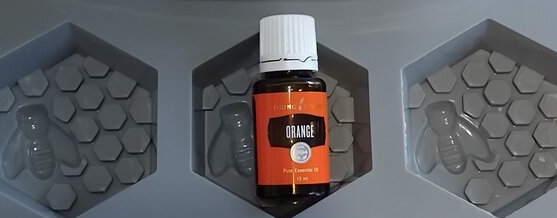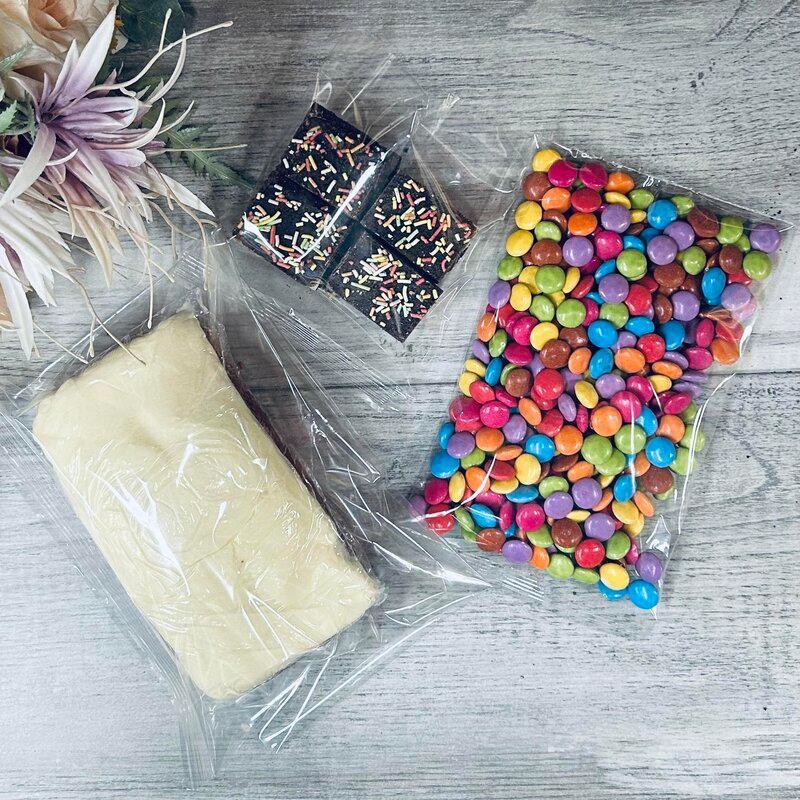
Recycling Tips From Biopak
Paper
Paper and cardboard can be recycled and used again in other paper products. The more we recycle paper and cardboard, the less we need to use natural resources like fibre from trees to manufacture new products. It also uses less energy and water in manufacturing. Paper contaminated with grease or oil from food cannot be recycled.
Organic Waste
Some local councils collect organic waste from your home and turn it into compost. Composting helps keep organic waste out of landfill where it rots and generates methane, a greenhouse gas that is particularly damaging to the environment.
SO REMEMBER, IF IT GROWS, THEN IT GOES IN YOUR GREEN ORGANICS BIN
Plastic & Metal
Always put items into your recycling bin loose, not in a plastic bag. Everything inside a plastic bag will be sent to landfill. Plastic bag can also tangle up the machinery used to sort the recycling materials
Flatten boxes but don't bundle items together
Roll aluminium foil into a ball and place in a recycling bin, even if it has food stuck on it
Black plastic items don't gat recycled as they are not able to be identified by automatic sorting equipment used at most recycling facilities
At most material recovery facilities, any plastic item less than 5cm in diameter will be screened out and diverted to landfill.
Blog posts
The Art of Soap Making: A Simple DIY Guide
Making your own soap is super easy and fun! Customize it with your favorite essential oils, add a surprise toy, and enjoy a unique, homemade creation.
ENERGISER BUNNY ROLLER BLEND
This zesty roller blend combines rosemary, grapefruit, and Raven essential oils to help you feel refreshed, focused, and ready to power through—naturally and caffeine-free. Add amethyst crystals for a touch of energetic sparkle!
Cellophane Bags and the Myths: Clearing Up the Confusion for a Greener 2025
Discover the truth behind cellophane bags and the myths surrounding them. Learn how these eco-friendly options offer a sustainable solution for packaging in 2025.






